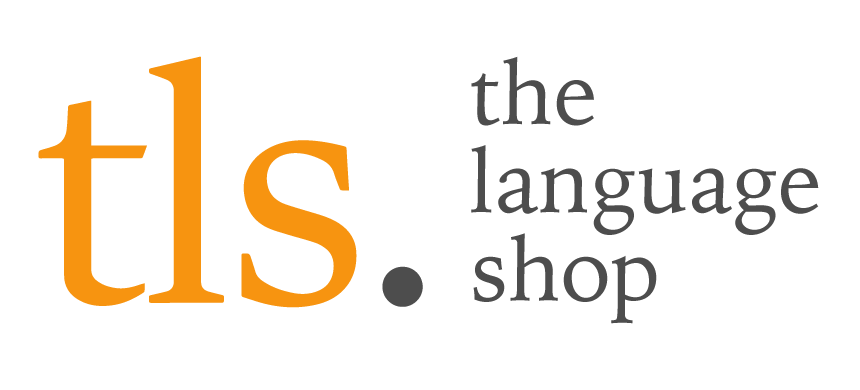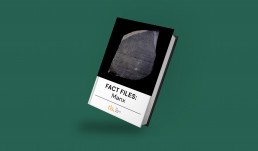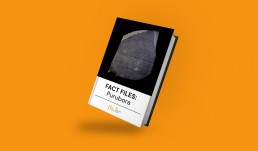Rare language fact file: Adamorobe Sign Language
Native to: Adamorobe village, Ghana
Number of native speakers: 35
Spoken by: Adamorobe villagers
Learn some: You can learn how to sign the days of the week with this YouTube video.
Interesting facts:
- Adamorobe has a much higher incidence of deafness than the rest of Ghana. This stands now at roughly 2% of the population (compared to 0.4% in the continent of Africa as a whole), but in the past at a much higher percentage – some sources giving it as high as 25%. Researchers have identified a mutated gene that is responsible for this, which has been passed down through generations.
- The village developed its own sign language, which is completely distinct from the official Ghanaian Sign Language. In order for Adamorobe’s deaf population to be fully integrated into village life, everyone, hearing or deaf, uses Adamorobe Sign Language.
- As with all minority languages, Adamorobe Sign Language is now under threat from more dominant ones. Deaf children in the village are now sent to school at Ghana’s boarding school for the deaf, where they learn the official Ghanaian Sign Language, alongside written English.
The Language Shop provides support in any language you may need, including many of the rarer ones. Please speak to your account manager about your requirements.
Rare language fact file: Manx
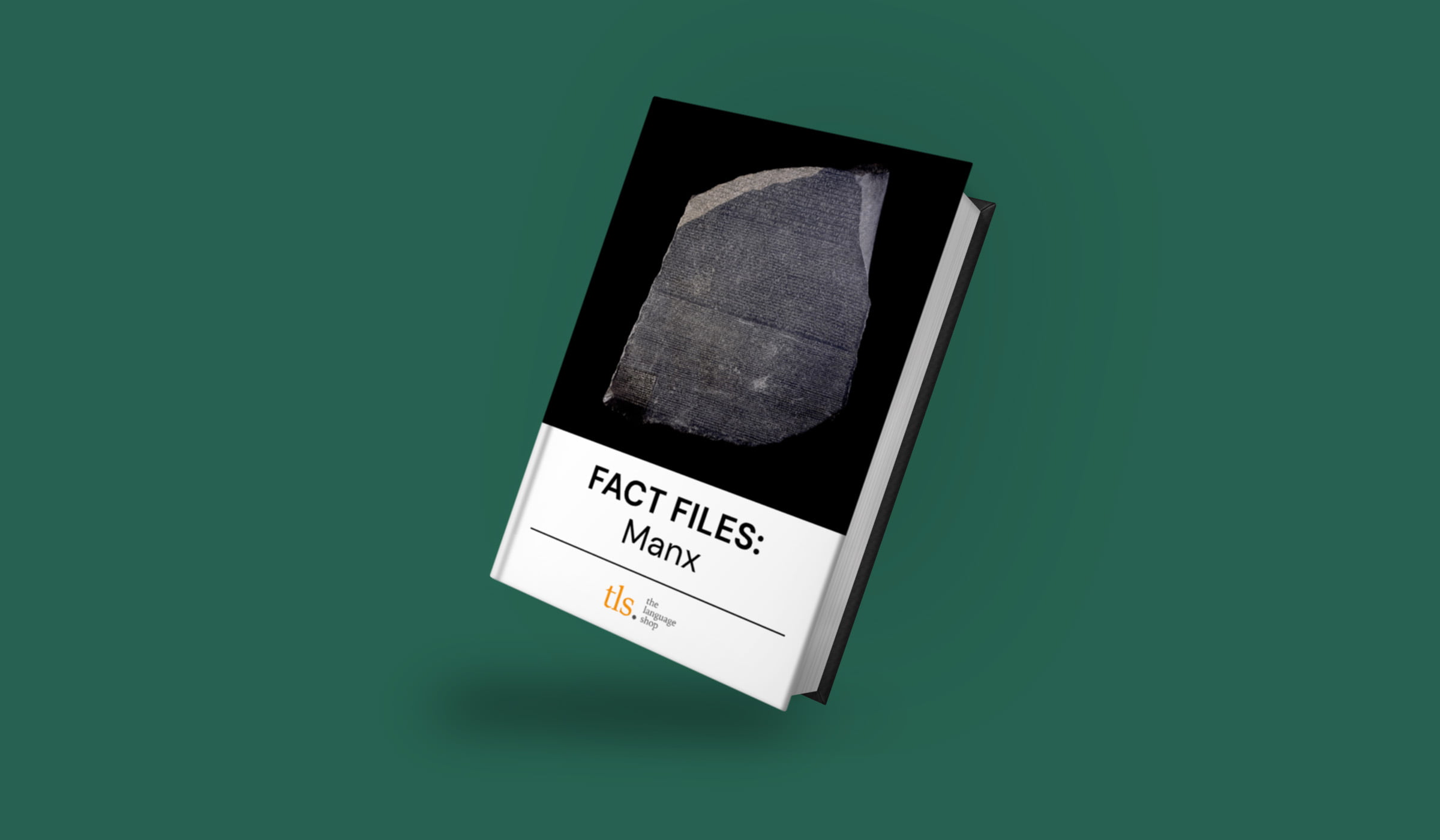
Here at The Language Shop we like to shine a light on some of the rarer languages spoken across the world, many of which have long and fascinating histories. This month we take a closer look at Manx.
Native to: Isle of Man, UK
Number of native speakers: 53 (first language)
Spoken by: The Manx people
Learn some Manx: Greet people by saying ‘moghrey mie’. If they say ‘Kys t’ou?’ they are asking how you are. You can reply to with, ‘Mie dy liooar’, which means ‘well enough’.
Interesting facts:
- Manx was officially declared extinct in 2009. However, thanks to efforts to revive it, it has now been promoted to critically endangered.
- Although the Isle of Man is only 33 miles long and 13 miles wide, Manx actually has two dialects, one from the north and one from the south of the island. The variation spoken in the centrally located capital, Douglas, is considered to be the standard.
- The language became less and less popular in the early 20th century because people associated it with poverty. Many Manx people opted for English instead, and there was a popular Manx saying: “Cha jean oo cosney ping lesh y Ghailck”, meaning: “You will not earn a penny with Manx.”
The Language Shop provides support in any language you may need, including many of the rarer ones. Get in touch with us to find out more.
Keep up to date with all our latest news here and on social media – we are on Facebook, Twitter and LinkedIn.
Rare language fact file: Mang
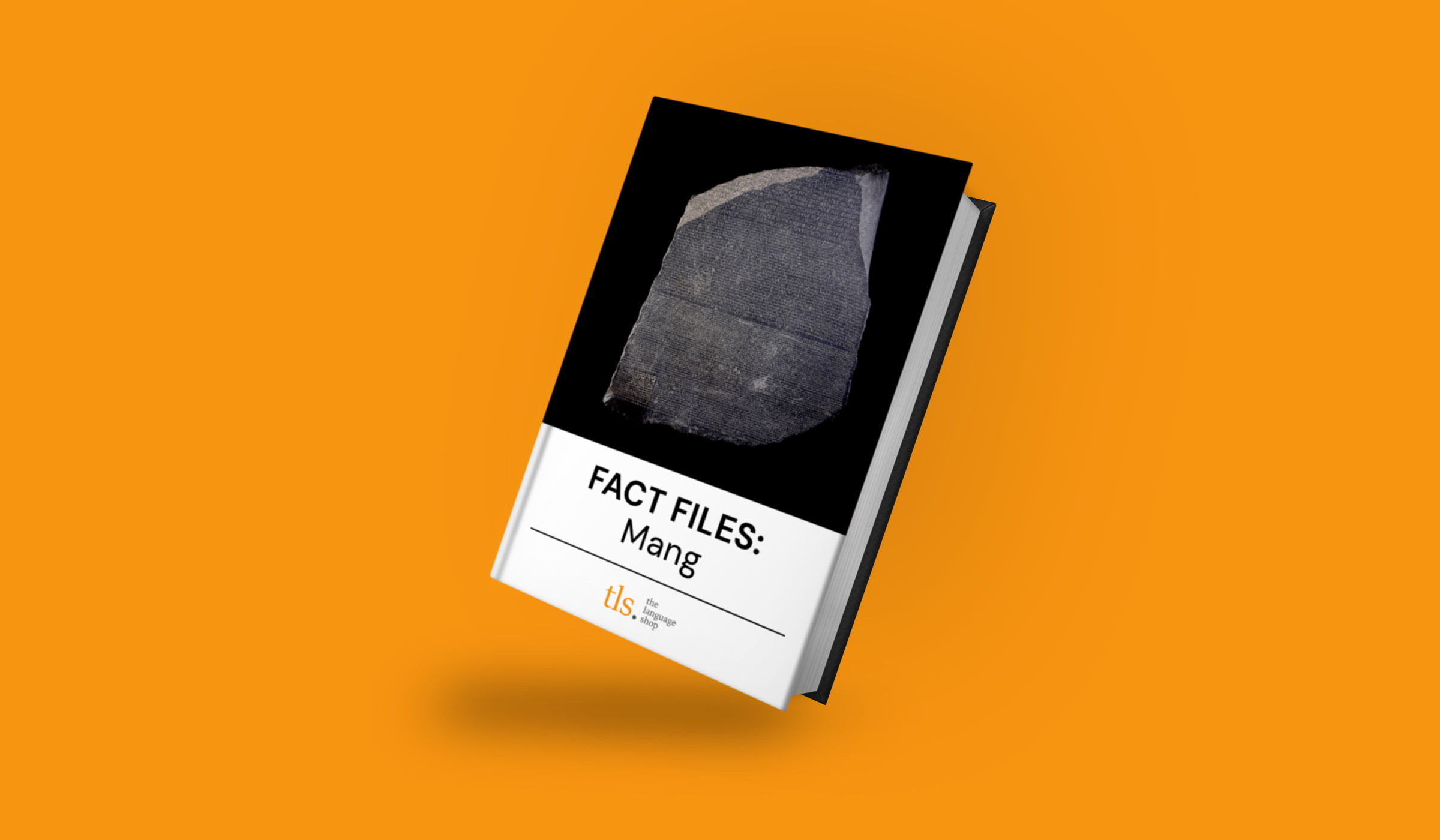
Here at The Language Shop we like to shine a light on some of the rarer languages spoken across the world, many of which have long and fascinating histories. This month we take a closer look at Mang.
Native to: Jinping, on the Chinese border with Vietnam.
Number of native speakers: Approximately 600 (speakers of the Vietnamese variety are greater in number).
Spoken by: The Mang people.
Learn some Mang: If you were to spend time with the Mang people, a useful word to know would be ‘ʑum’ (pronounced ‘zum’), which means ‘water’.
Interesting facts:
- The Mang, meaning 'mountain people', historically lived in the sparsely populated mountainous regions of Honghe and Wenshan, in south-eastern Yunnan, bordering Vietnam.
- In the 1950s, the Chinese government relocated the Mang people from their mountain huts to newly built houses on lower land. This was carried out in the name of improving hygiene.
- Although they have had their way of life substantially altered by this state intervention, they were exempt from the land reforms, which forced many rural Chinese to hand over their land to the state. This has meant that the Mang have been able to continue many of their traditional customs in way that other non-Han Chinese groups have not.
- The closest ethnic relatives of the Mang are the Palaungic people. It is thought both groups may have been part of the same kingdom in ancient times before splitting into two separate groups, which may explain the similarity in their languages.
The Language Shop provides support in any language you may need, including many of the rarer ones. Get in touch with us to find out more.
Keep up to date with all our latest news here and on social media – we are on Facebook, Twitter and LinkedIn.
Rare language fact file: Seke
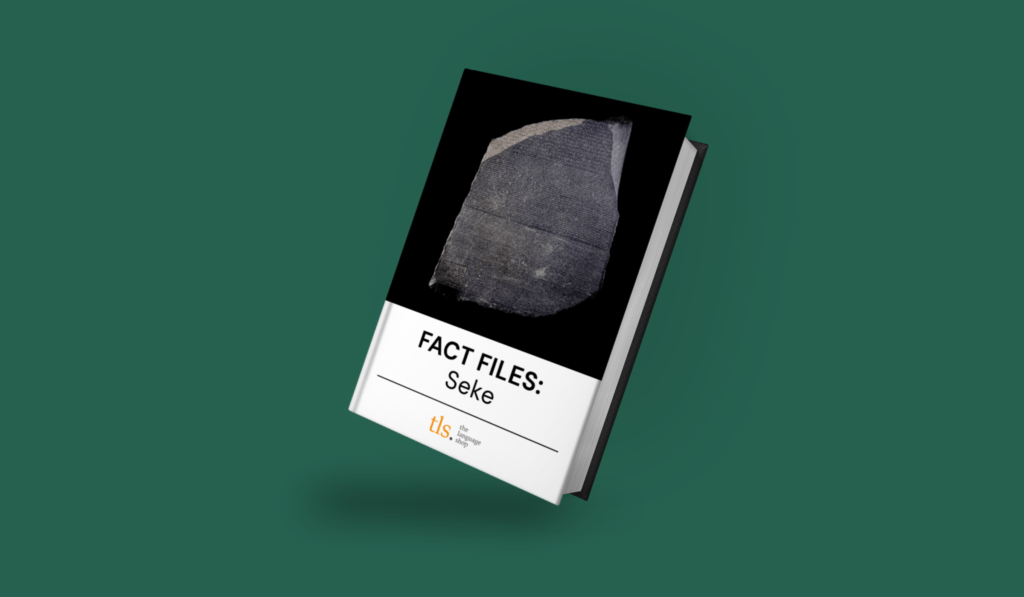
Here at The Language Shop we like to shine a light on some of the rarer languages spoken across the world, many of which have long and fascinating histories. This month we take a closer look at Seke.
Fact file
Native to: Mustang, Nepal
Number of native speakers: Approximately 700.
Spoken by: Inhabitants of five villages: Chuksang, Chaile, Gyakar, Tangbe, and Tetang – and approximately 100 people in Brooklyn, NYC!
Learn some U’wa: ‘Ca garawa mu’ translates as ‘that’s good’, which can be used in lots of different contexts!
Interesting facts:
- ‘Seke’ means ‘golden language’ and the region in Nepal it is from, Mustang, means ‘plain of aspiration’ in Tibetan languages.
- As with many endangered languages, Seke is dying out because young people in the area are educated in Nepali or Hindi, and TV is mainly in Hindi. In addition to this, Nepali is considered crucial for making progress in education or the jobs market, so speaking Seke is not generally encouraged.
- Seke’s fortunes have been revived a little by a movement in Nepal to preserve it, and by the thriving community of diasporic Seke speakers in Brooklyn, New York. Of the 100 speakers there, approximately half live in the same building! This unusual enclave has brought the Seke language some attention, and the Endangered Language Alliance is working with one of the older inhabitants to produce a Seke dictionary.
The Language Shop provides support in any language you may need, including many of the rarer ones. Get in touch with us to find out more.
Keep up to date with all our latest news here and on social media – we are on Facebook, Twitter and LinkedIn.
Rare language spotlight: Purubora
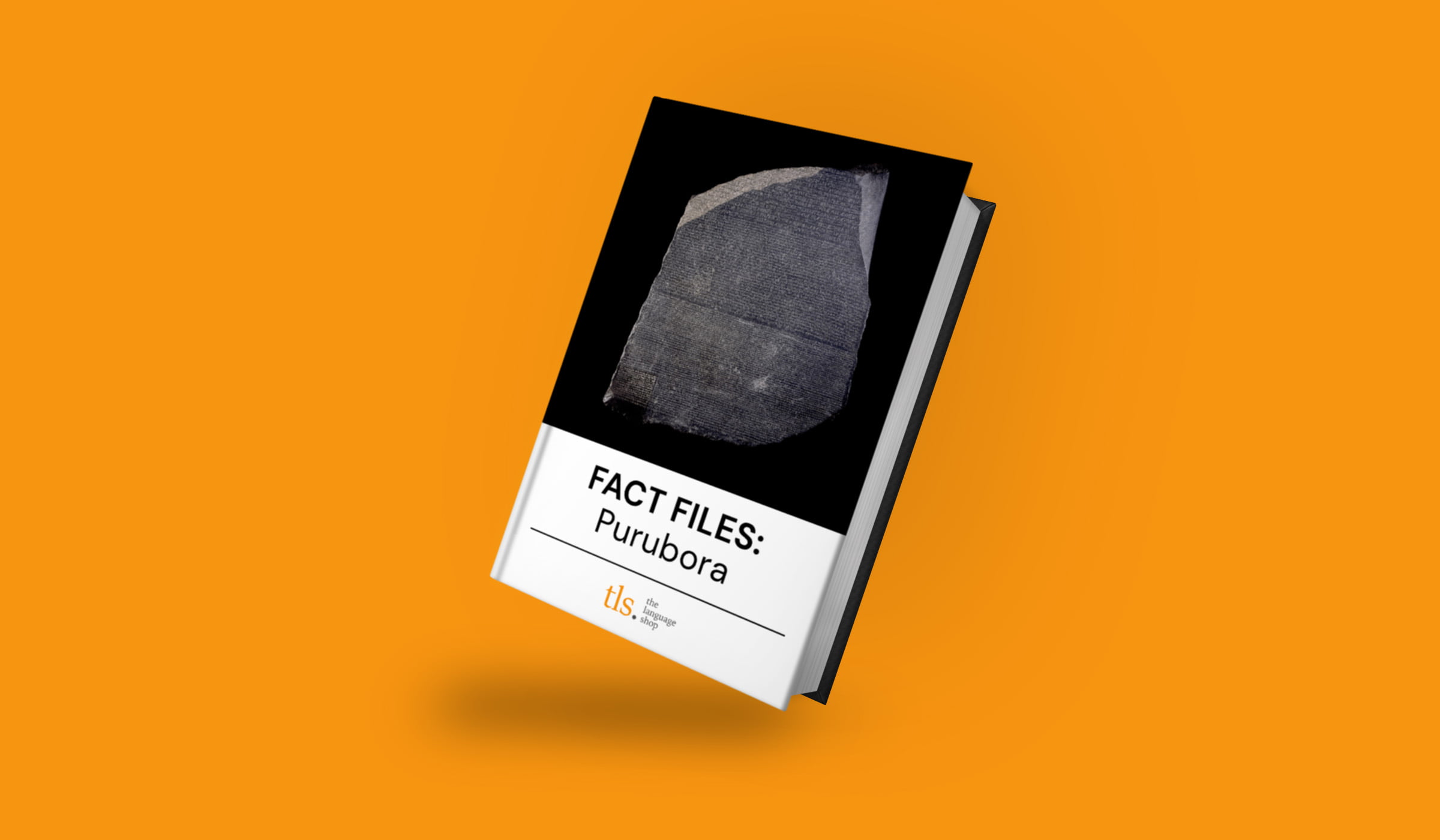
Here at The Language Shop we like to shine a light on some of the rarer languages spoken across the world, many of which have long and fascinating histories. This month we take a closer look at Purubora.
Fact file
Native to: Rondônia, Brazil
Number of native speakers: 1
Spoken by: The Purubora people
Learn some Purubora: There exists very little written in the language, except for lists of words. The official list contains only 49 words. Included are the numbers 1 to 3, which are: ‘múm, wewáb, bokód-wewáb’.
Interesting facts:
- Until 2020, there were two native speakers left alive. However, sadly, one of the remaining two, Eliezer Purubora, died from Covid in late 2020. He was one of six Purubora who died from the virus.
- Purubora translates as ‘people who transform into jaguars to heal’. They believe that when someone dies, they become a jaguar. When relatively tame jaguars visited the village, they would be welcomed as the new hosts of dead people’s spirits.
- The Purubora had been considered extinct, following a practice of marrying off the women to colonisers who had arrived to work on rubber plantations. However, in 2001 there was an assembly, bringing together its remaining people to establish a claim to their original land. This claim is still ongoing today.
The Language Shop provides support in any language you may need, including many of the rarer ones. Get in touch with us to find out more.
Keep up to date with all our latest news here and on social media – we are on Facebook, Twitter and LinkedIn.
Rare language spotlight: U’wa
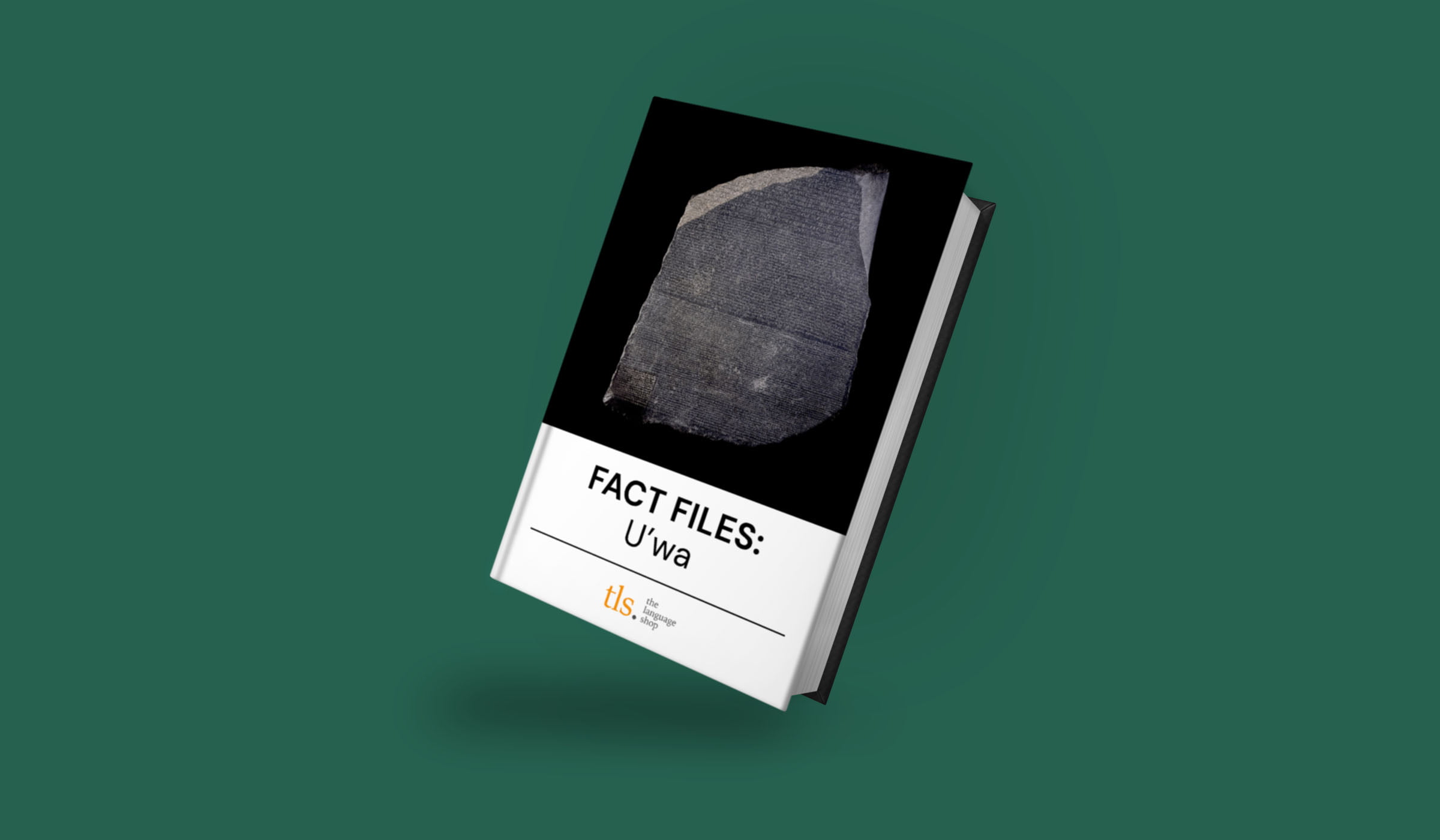
Here at The Language Shop we like to shine a light on some of the rarer languages spoken across the world, many of which have long and fascinating histories. This month we take a closer look at U'wa.
Fact file
Native to: Northeastern Colombia and Venezuela
Number of native speakers: 2,000
Spoken by: The U’wa people
Learn some U’wa: The most common greeting is ‘eyariki?’, which translates literally to ‘are you there?’. Respond with ‘usatro’, which means ‘I’m here’.
Interesting facts:
- The U’wa believe that the world was created by a god called Sira, who punishes any exploitation of the Earth’s natural resources. They believe that Sira will send natural phenomenon such as earthquakes, floods or darkness to punish humans who violate the planet.
- The U’wa are known for their strength as a community and willingness to stand up for what they believe in. Despite being very insular, they are well known internationally for the stand they took in the 1990s against Occidental Petroleum, a US oil extraction company who wanted to mine their land. The U’wa mounted a campaign and threatened to commit mass suicide if Occidental succeeded. This drew international attention to the story and the U’wa won.
- The U’wa are still engaged in legal battles to keep their ancestral lands free from exploitation by foreign and domestic companies. They have the additional problem of armed guerrilla groups who are active in Colombia, such as FARC (Revolutionary Armed Forces of Colombia), who blow up pipelines and poison wildlife.
The Language Shop provides support in any language you may need, including many of the rarer ones. Get in touch with us to find out more.
Keep up to date with all our latest news here and on social media – we are on Facebook, Twitter and LinkedIn.
